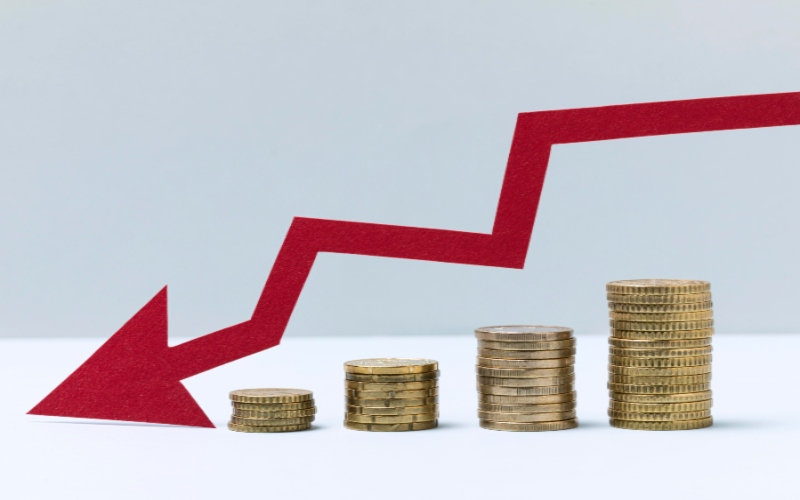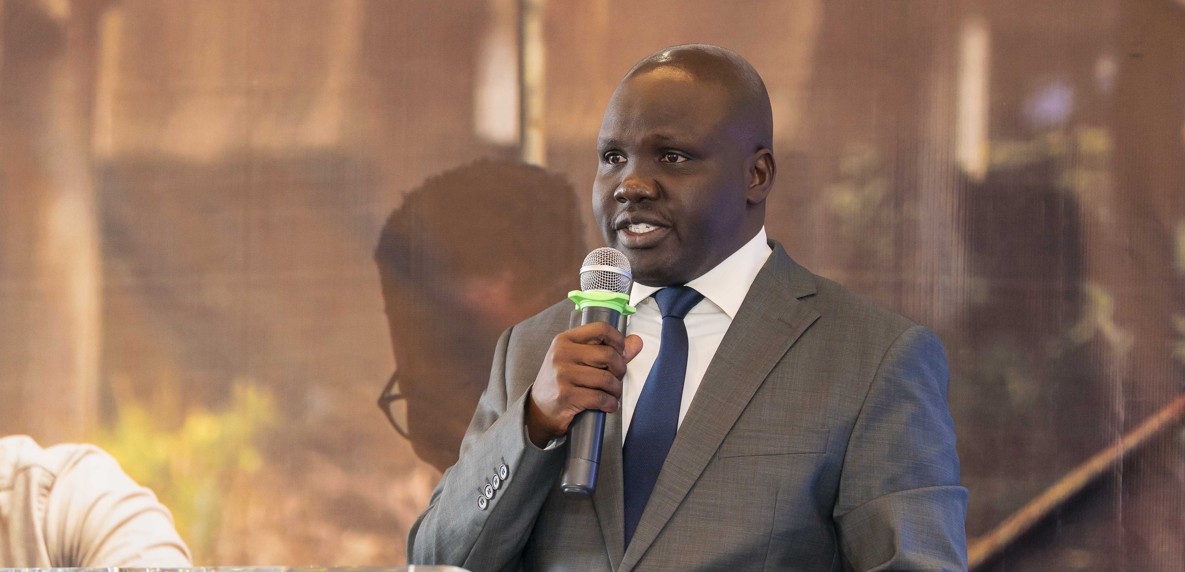Inequality, fragile trust threatening global progress on social justice - ILO

According to the International Labour Organisation (ILO), while the world is wealthier, healthier and better educated than in 1995, the benefits have not been evenly shared, and progress in reducing inequality has stalled.
Despite major gains in education, poverty reduction and productivity over the past three decades, entrenched inequalities, fragile trust in institutions and slow progress in key areas continue to hold back social justice worldwide.
According to the International Labour Organisation (ILO), while the world is wealthier, healthier and better educated than in 1995, the benefits have not been evenly shared, and progress in reducing inequality has stalled.
More To Read
- Ruto backs IMF partnership as key to Kenya’s debt, economic reforms
- African land policy reforms benefit women and communities, but 18-country review reveals key gaps
- Why mastering Generative AI is the fastest way to boost your career and salary
- Africa’s agricultural exports are losing ground: Four key interventions that could lift sector again
- World Bank sounds alarm as Kenya’s labour market weakens, wages fall and informal jobs surge
- World Bank upgrades Kenya’s growth outlook to 4.9 per cent, warns of elevated risks
It highlights that key achievements since 1995 include halving the rate of child labour among 5 to 14-year-olds from 20 to 10 per cent, and reducing extreme poverty from 39 to 10 per cent.
Other gains include raising primary school completion rates by 10 percentage points and achieving, for the first time, social protection coverage for over half of the world’s population.
However, it also highlights stark and persistent deficits.
First, it says 71 per cent of a person’s earnings are still determined by circumstances of birth, such as country and gender.
“Informality has fallen by only two percentage points in two decades and still affects 58 per cent of workers,” the organisation says in the latest state of social justice report.
Additionally, it reckons that the gender labour force participation gap has narrowed by just three percentage points since 2005 and remains at 24 per cent.
Consequently, it warns that at current rates, it will take a century from now to close the global gender pay gap.
Commenting on the findings, Gilbert Houngbo, ILO Director-General, acknowledged the world has made undeniable progress, but insists on the fact that the world cannot ignore that millions remain excluded from opportunity and dignity at work.
“Social justice is not only a moral imperative, it is essential for economic security, social cohesion and peace,” Houngbo said.
Nevertheless, the report highlights that trust in institutions has been declining worldwide since 1982, reflecting growing frustration that effort is not being rewarded fairly.
On this front, the ILO warns that unless action is taken to strengthen the social contract, this erosion of trust could undermine the legitimacy of democratic systems and global cooperation.
The workers’ rights body calls for urgent action to tackle unequal access to opportunities, ensure fairer distribution of economic gains, and manage environmental, digital and demographic transitions.
It stresses the need to place social justice at the core of all policymaking, from finance and industry to health and climate, and to strengthen cooperation among governments, international institutions and social partners to deliver coherent responses to global challenges.
Top Stories Today

















































